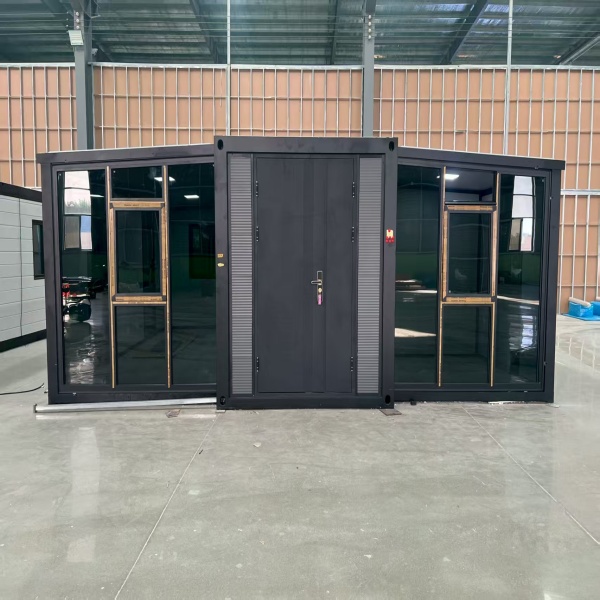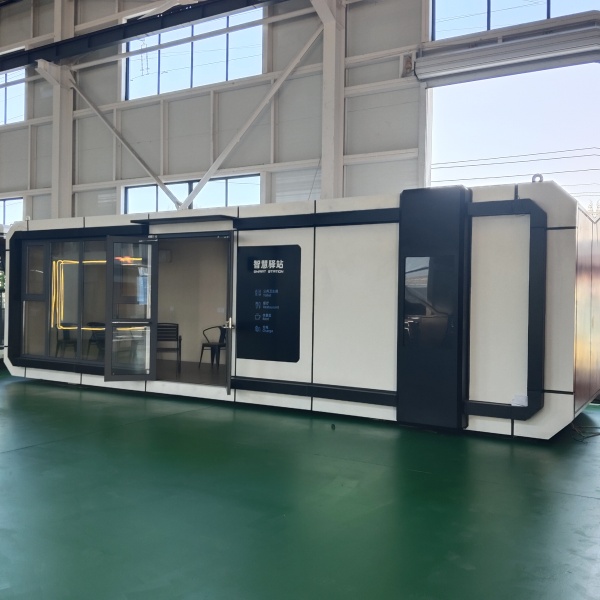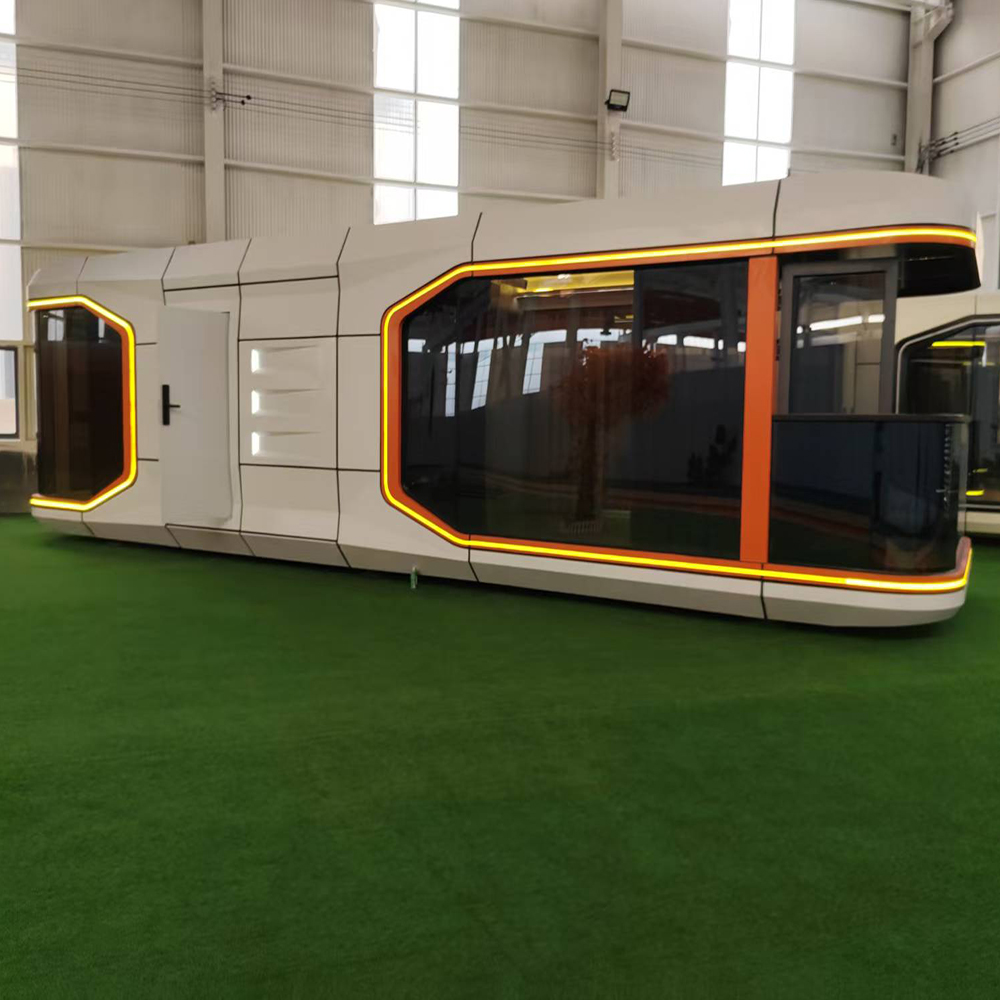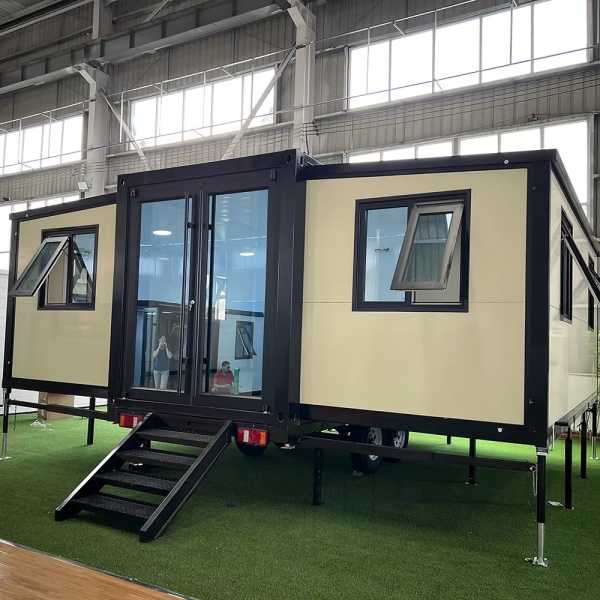-
E-mail
Austin120521@outlook.com -
E-mail
sales@jujiuhouse.com -
Telephone
+86-17864099991 -
Telephone
+86-17854044442
- Chinese
- French
- German
- Portuguese
- Spanish
- Russian
- Japanese
- Korean
- Arabic
- Irish
- Greek
- Turkish
- Italian
- Danish
- Romanian
- Indonesian
- Czech
- Afrikaans
- Swedish
- Polish
- Basque
- Catalan
- Esperanto
- Hindi
- Lao
- Albanian
- Amharic
- Armenian
- Azerbaijani
- Belarusian
- Bengali
- Bosnian
- Bulgarian
- Cebuano
- Chichewa
- Corsican
- Croatian
- Dutch
- Estonian
- Filipino
- Finnish
- Frisian
- Galician
- Georgian
- Gujarati
- Haitian
- Hausa
- Hawaiian
- Hebrew
- Hmong
- Hungarian
- Icelandic
- Igbo
- Javanese
- Kannada
- Kazakh
- Khmer
- Kurdish
- Kyrgyz
- Latin
- Latvian
- Lithuanian
- Luxembou..
- Macedonian
- Malagasy
- Malay
- Malayalam
- Maltese
- Maori
- Marathi
- Mongolian
- Burmese
- Nepali
- Norwegian
- Pashto
- Persian
- Punjabi
- Serbian
- Sesotho
- Sinhala
- Slovak
- Slovenian
- Somali
- Samoan
- Scots Gaelic
- Shona
- Sindhi
- Sundanese
- Swahili
- Tajik
- Tamil
- Telugu
- Thai
- Ukrainian
- Urdu
- Uzbek
- Vietnamese
- Welsh
- Xhosa
- Yiddish
- Yoruba
- Zulu
- Kinyarwanda
- Tatar
- Oriya
- Turkmen
- Uyghur

China foldable prefabricated folding container house
Exploring the World of China Foldable Prefabricated Folding Container Houses
China's prefabricated folding container houses aren't just a fleeting trend; they're reshaping norms in the construction industry. Often misunderstood as mere quick-fix solutions, they offer a much deeper architectural promise. Let's dive into this dynamic world, with insights from industry experiences and some unexpected hurdles.
The Real Deal Behind Prefabricated Folding Container Houses
Having worked with companies that specialize in innovative housing, like Shandong Jujiu Integrated Housing Co., Ltd., one learns quickly that the focus isn't just on speed or cost. It's a commitment to quality and sustainable design. This firm, with its broad portfolio including packing box rooms and light steel villas, exemplifies this approach.
The keyword here is flexibility. The capability to fold and transport these houses with minimal fuss means projects can be managed efficiently, even in remote or challenging locations. This is especially valuable when time is of the essence, and labor costs are unpredictable.
However, achieving this flexibility isn't without its challenges. The design and engineering need to account for varying climates and local building codes, a fact often underestimated by new entrants in the market.
Case Studies: From Concept to Reality
One project in Sichuan province stands out. The rapid deployment of foldable homes for displaced communities showcased the true potential of these structures. Thanks to the adaptable design provided by companies like Shandong Jujiu Integrated Housing Co., Ltd., entire communities were re-established in weeks.
But it wasn't a walk in the park. Initial resistance from local authorities, concerned about structural integrity, required intense round-the-clock collaboration. Demonstrating compliance with stringent standards wasn't just a formality; it was essential for local acceptance.
This initiative, though, opened doors. It became a blueprint for future humanitarian projects, highlighting how these homes can be more than temporary solutions – they offer a new way of living.
Technical Insights: Designing the Future
Creating a foldable house is as much about clever engineering as it is about design finesse. The structural integrity of the foldable units is critical. Using high-grade materials ensures durability, but each design must be optimized to balance weight and strength.
From personal experience, integrating technology such as smart home capabilities can be an uphill task. The prefabricated nature of these units means every piece must be meticulously pre-fitted, often requiring collaboration with tech companies to ensure seamless integration.
As the industry matures, the incorporation of renewable energy solutions is becoming more prevalent. Solar panels and wind turbines aren't just afterthoughts; they are becoming integral components from the design phase.
Addressing Common Misconceptions
A sticking point in discussions around foldable prefabricated folding container houses is the perception of them being 'cheap'. While they cut costs, the focus on quality and sustainability is paramount. Firms like Jujiu Integrated Housing are setting benchmarks that defy these outdated views.
Another myth is that these homes can't last. Longevity is a design focus. Using corrosion-resistant materials and robust construction processes, these homes are built to withstand time and elements.
Moreover, the versatility in design choices is an eye-opener. From sleek modern aesthetics to traditional charm, the possibilities are as varied as traditional construction, if not more.
The Road Ahead
The market for foldable container houses, particularly in China, is ripe with potential. Innovations continue to stream in, ranging from advanced insulation techniques to modular kitchen solutions.
However, as with any burgeoning industry, the regulatory landscape needs to evolve. A common challenge is navigating the local building codes that haven't caught up with the innovation pace. This requires ongoing dialogue with authorities to ensure compliance without stifling creativity.
In conclusion, the future of China foldable prefabricated folding container houses is bright and full of potential, much like the promise of companies such as Shandong Jujiu Integrated Housing Co., Ltd.. As the world grows more uncertain, the flexibility and foresight offered by these structures could very well redefine the concept of home for many.
Related products
Related products
Best selling products
Best selling products-
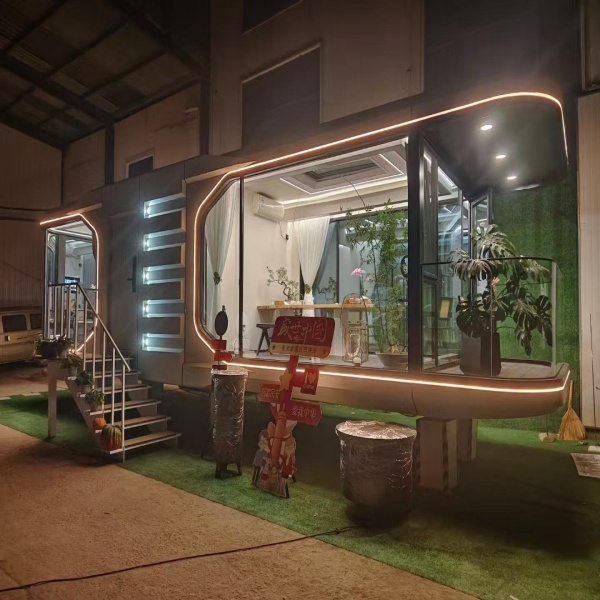 Outdoor ecological capsule rooms, luxury pods, space capsule hotel rooms, prefabricated space capsules, container houses
Outdoor ecological capsule rooms, luxury pods, space capsule hotel rooms, prefabricated space capsules, container houses -
 A container house with a terrace and double-wing folding design, suitable for various purposes such as offices, meeting rooms, living rooms, etc.
A container house with a terrace and double-wing folding design, suitable for various purposes such as offices, meeting rooms, living rooms, etc. -
 Luxury Foldable Two Story Container House for Glamping Resort and Villa Hotel
Luxury Foldable Two Story Container House for Glamping Resort and Villa Hotel -
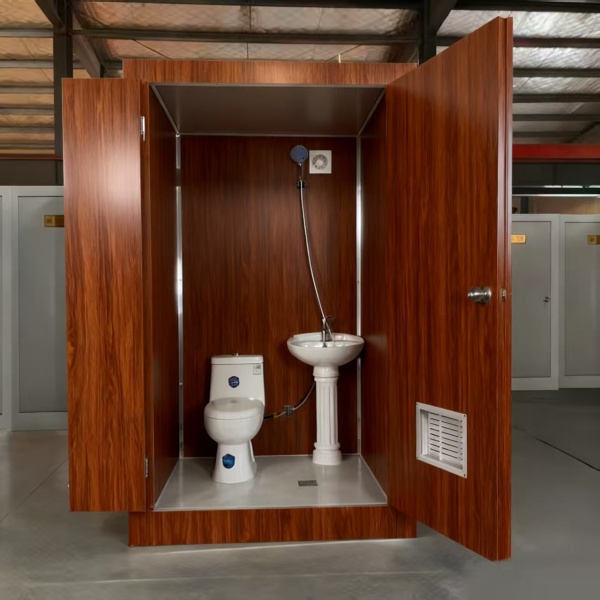 Portable outdoor camping bathroom, mobile toilet, prefabricated modular villa & rental of outdoor and indoor showers
Portable outdoor camping bathroom, mobile toilet, prefabricated modular villa & rental of outdoor and indoor showers -
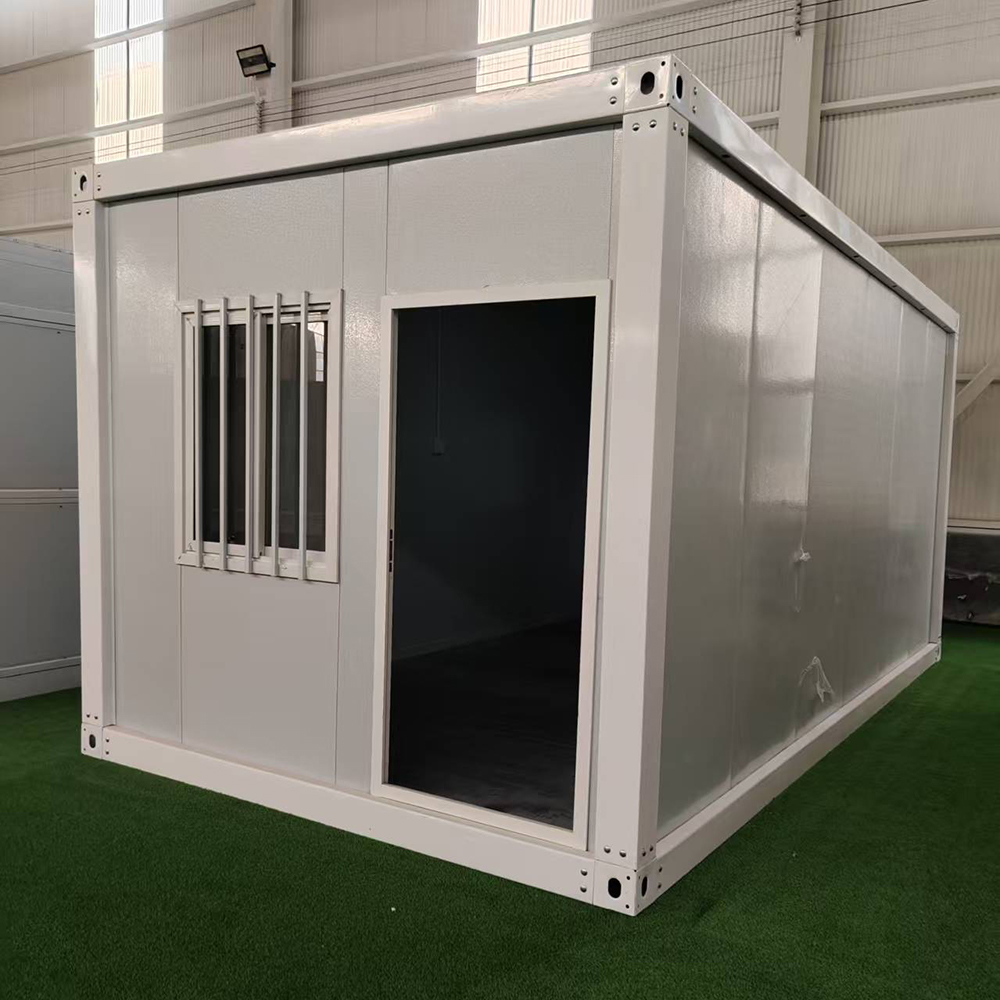 Folding Container Moving House Modular Office Container House Prefab Container for Outdoor Use
Folding Container Moving House Modular Office Container House Prefab Container for Outdoor Use -
 Customized Expandable Container House Holiday Home Folding Prefab Container House with Bathroom and Kitchen
Customized Expandable Container House Holiday Home Folding Prefab Container House with Bathroom and Kitchen -
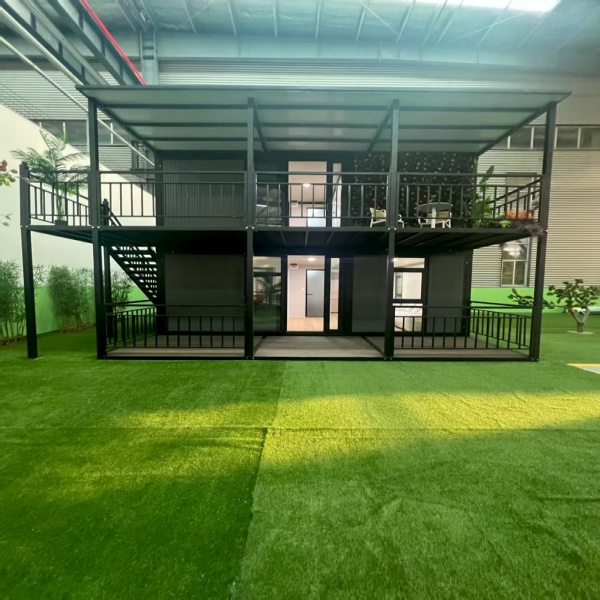 Luxury foldable two-story container houses in luxury resort hotels and villa hotels
Luxury foldable two-story container houses in luxury resort hotels and villa hotels -
 Waterproof folding container house – mobile accommodation for campsites/scenic spots
Waterproof folding container house – mobile accommodation for campsites/scenic spots -
 Movable Prefabricated Container House Villas Modular Portable Homes 1 Bedroom Container House Offices Apartments
Movable Prefabricated Container House Villas Modular Portable Homes 1 Bedroom Container House Offices Apartments -
Two Wing Folding Expandable Container House
-
 Reasonable Price 1 Bedroom Modular Container House Folding Container Home for Villa or Apartment Use
Reasonable Price 1 Bedroom Modular Container House Folding Container Home for Villa or Apartment Use -
 Good Quality Modular Homes Prefabricated House Expandable Container House 20FT Mobile Flat Roof House
Good Quality Modular Homes Prefabricated House Expandable Container House 20FT Mobile Flat Roof House
Related search
Related search- Buy apple cabin house
- trailer that folds out into a house
- mobile homes modern 2 bedroom portable prefab container expandable house
- Buy z folding container house
- China prefabricated house folding container
- Buy relocatable shipping container home expandable granny flat portable tiny house
- Buy expandable container house usa
- folding house trailer
- Buy movable space capsule homes
- China folding prefabricated house









